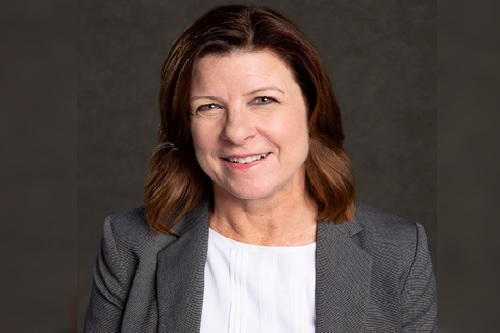

As Melbourne rides out the State of Disaster and Stage 4 lockdowns that saw the immediate closure of all non-essential businesses, property insurance company FM Global Australia is warning of the perils of idle facilities.
With a high number of idle facilities around Melbourne, a new set of risks have emerged including arson, vandalism and water damage, for example.
“What we typically see when we go into an idle facility situation is that there is an uptick in arson, some potential water damage and then just bad behaviour,” said Lynette Schultheis (pictured), operations manager at FM Global Australia. “You’ll see more vandalism and people come in to do bad things because they just get bored, so they’re going to take advantage of an idle facility when they see one.”
A large number of businesses are exposed to these risks in diverse industries, including tourism operators, the arts (such as cinemas and art galleries), airports, educational facilities, sporting facilities and construction. According to Schultheis, business owners and company executives being “absorbed” with the pandemic instead of protecting idle facilities provides a ripe opportunity for exploitation.
“You could have very expensive equipment left in these idle facilities but, once the lockdown is lifted, the equipment is no longer there because of theft and you won’t be able to get your facility back up and running as quickly as your competitors because you put the idle facility on the backburner,” she explained.
“Let’s face it – it’s not going to be your priority focus but just don’t neglect it, you don’t want to leave it there and just put it aside and forget about it. There’s still things that you can be doing that will get you up and running as quickly as possible when you are given an opportunity to get back in business.”
Additionally, the lockdowns are an opportunity for business owners to improve their idle facilities to ensure a stronger return to market.
“What can happen is if you don’t look after idle facilities, you could lose an opportunity to perhaps work on the maintenance that you need to do on these facilities while you’re down,” she added. “For example, this is a great opportunity to perhaps fix that leaky roof you’ve been putting off or any mundane tasks like such.”
Schultheis says there are two measures owners of idle facilities should take during the lockdown: establish security and maintenance employees are essential workers to remain on site at all times, and ensure security monitors the premises around the clock.
“Arson and water damage are both big exposures so a couple of things that we always suggest is that you determine that your security and maintenance folks ARE essential employees, so they’re still given an opportunity to get into your site,” she said.
“And then, secondly, security. Even though you may not have any employees there, it’s still prudent to have security walking around your facility – inside and outside, doing daily rounds just checking to see there’s no arson or theft. You’re going to have to rely on security to perhaps walk around the premises.”
Another good practice, Schultheis says, is to elevate expensive equipment in case of a flood or water damage and to remove combustible loading to reduce fire hazards.
“Secure your ignitable liquids and then just complete those maintenance issues that perhaps you’ve been putting off but now you can do because lockdown has provided you that time and opportunity,” she concluded.
